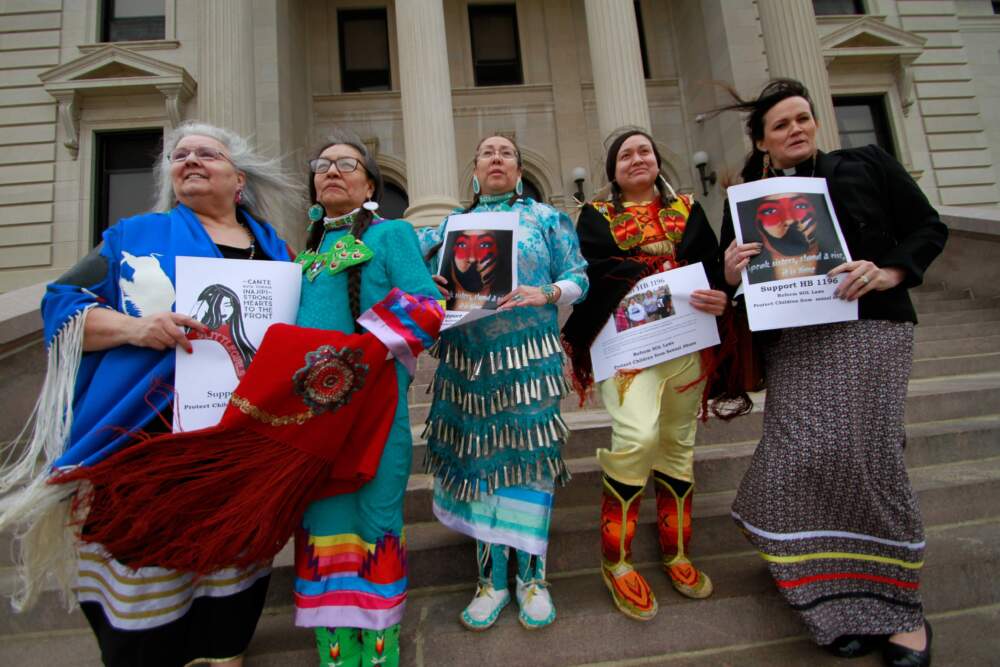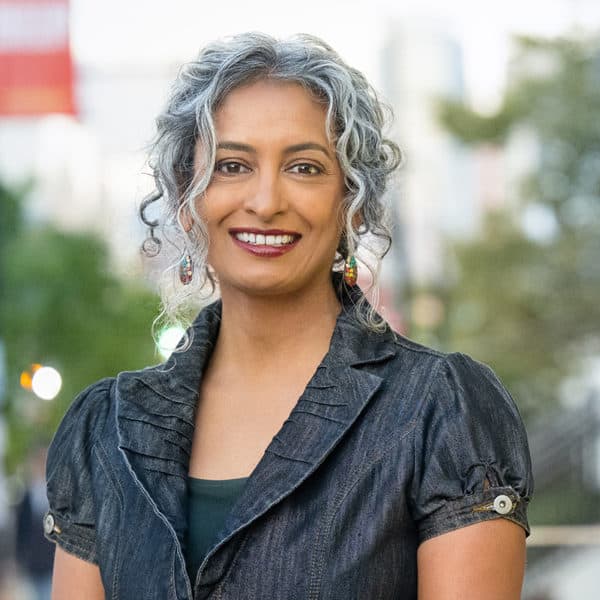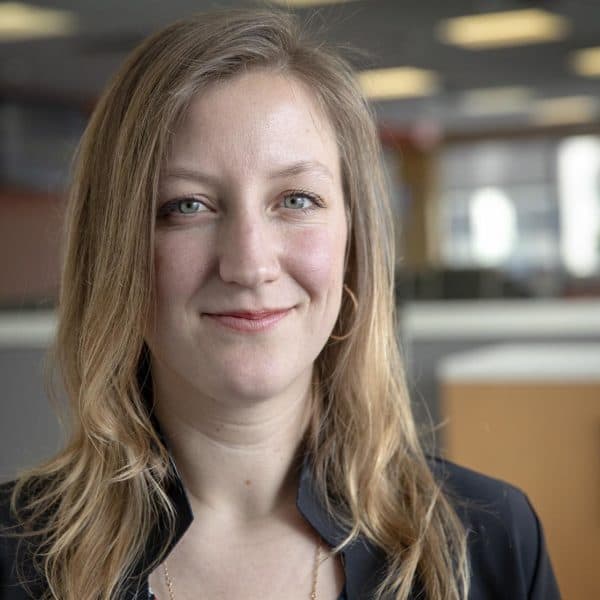Advertisement
Native American sisters continue decade-long fight for justice
Resume
Editor’s note: This story contains mentions of sexual violence.
Nine women from one family spent years trying to sue the Catholic Church for abuse, but have still not had their day in court.
The Charbonneau sisters allege nuns and priests abused them when they attended an Indian Boarding School in South Dakota during the 1950s and 1960s. Three of the sisters have died in the last few years. Now, their extended family is helping pick up the fight for justice.
Native News Online senior reporter Jenna Kunze says the movement for justice expands beyond the sisters to include more than 100 physical, emotional and sexual abuse victims who attended church-run South Dakota boarding schools up until the 1970s.
“The sister's specific experience ranged from everything from being told that they were worthless and that they would never amount to anything,” Kunze says, “to being raped by a priest, to being touched by nuns throughout their adolescence.”
Michelle Dauphinais Echols is a lawyer and the sisters’ second cousin. With her parents and grandparents working at the schools, Dauphinais Echols had a very different experience than the sisters.
It wasn’t until later in life when one of the sisters asked for help that Dauphinais Echols learned about the abuse.
“I had finished law school and was in a position where I could really try to take this on and create more awareness around it as well as help them fight for justice,” says Dauphinais Echols. “Now we're really taking a focus on the healing aspects that need to happen for our community.”
Find out more about volunteering or donating to the cause at the sisters’ website or Facebook page.
6 questions about the sisters’ fight for justice
Were any of the 12 priests and nuns the sisters named investigated or questioned?
Jenna Kunze: “No. In fact, what the state of South Dakota did as a result of the sisters filing this lawsuit was effectively block them from ever having their day in court by narrowing the statute and also changing it so that a person suing for child sex abuse crimes in the state of South Dakota can't name an institution, has to name a specific person.
“Many of these priests and nuns had already passed away because they were older at the time that they worked there. And so that has also worked against the sisters and other survivors for achieving justice.”
Were these statute changes specifically around these cases that Native people wanted to bring against the Catholic Church?
Kunze: “It was in direct response to more than 100 lawsuits that were being brought against the Catholic Church at various boarding schools that operated throughout the state of South Dakota.
“In the case of these sisters, the attorney that brought it forward to the legislature was an attorney for the Catholic Church defending some of the priests that were accused at the time.
“He lobbied the legislature and saying things like, the church couldn't afford and it wouldn't be fair for the church to make payouts to people when the body of the church had changed. It wasn't the same people operating it as it once had been. And that making out these victims to be poor Indians that were simply ‘reaching for the brass ring.’”
Three of the sisters died without receiving justice. Can you tell us about their fight?
Kunze: “The one that is most clear to me because I spent the most time with this sister's adult children is Barbara. Barbara spent her entire life up until passing away of COVID in the last three years fighting for justice with another sister, Louise, who was also quite active in the movement.
“Barbara, she never graduated. She was sent to a psych ward, which shows you the effect that the abuse had on her. And from there she pursued higher education. She got advanced degrees in nursing and headed up a program where she traveled around the country recruiting other Indigenous nurses. And she earned her PhD on the topic of intergenerational trauma stemming from boarding schools and was very active in this movement to go to the legislature year after year and demand justice, demanding her and her sisters and other survivors' days in court.”
Do you think the sisters will get a day in court?
Michelle Dauphinais Echols: “I used to be really optimistic about that, and I'm not so sure anymore. I've tried to identify other areas where we can focus other than a legislative or a legal fight, but I think that it's something that's so important for people to know about and that will help change attitudes that are currently existing that are blocking our access to receiving justice.
“And also just recognizing that the sisters have been telling the truth and they've just been harbingers of truth this entire time. And what's interesting about Jenna's article is that the author of the 2000 amendment that blocked all of the cases, he admits that he believes that the sisters’ stories are true and so they have just been fighting for this truth and so has our community as Native Americans.”
Do the sisters have the will to keep fighting?
Kunze: “I think they have the will. I think what they need help for is moving forward with some clear assistance and direction and that is when the next generation and people like Michelle come in and assist in navigating this complicated legal system in the state that has worked against them for the past decade.
“But Mary Lou Byron, one of the sisters who's the oldest, she's 80 years old. She lives in Washington state with her family, has suffered some health issues in recent months, but what she says is what she wants is acknowledgement from the church. She wants recognition that this is what happened to her and her sisters when they were kids.”
What do you want for the sisters and for others in South Dakota who may have experienced abuse at the hands of these Indian boarding schools run by the Catholic Church?
Dauphinais Echols “I'd like people to continue to recognize that the sisters have been telling the truth this entire time.
“And it's interesting that the fighting spirit that these sisters and that my family in general have is so strong that this is going to continue forward with my generation and the generations after me. All of my nieces and nephews and children and grandchildren will take on this fight. And I think that it's going to take the form of a healing, a global healing, not just for Native people, but all people who've suffered from abuse in this manner.”
Ashley Locke produced and edited this interview for broadcast with Todd Mundt. Allison Hagan adapted it for the web.
This segment aired on March 20, 2024.

